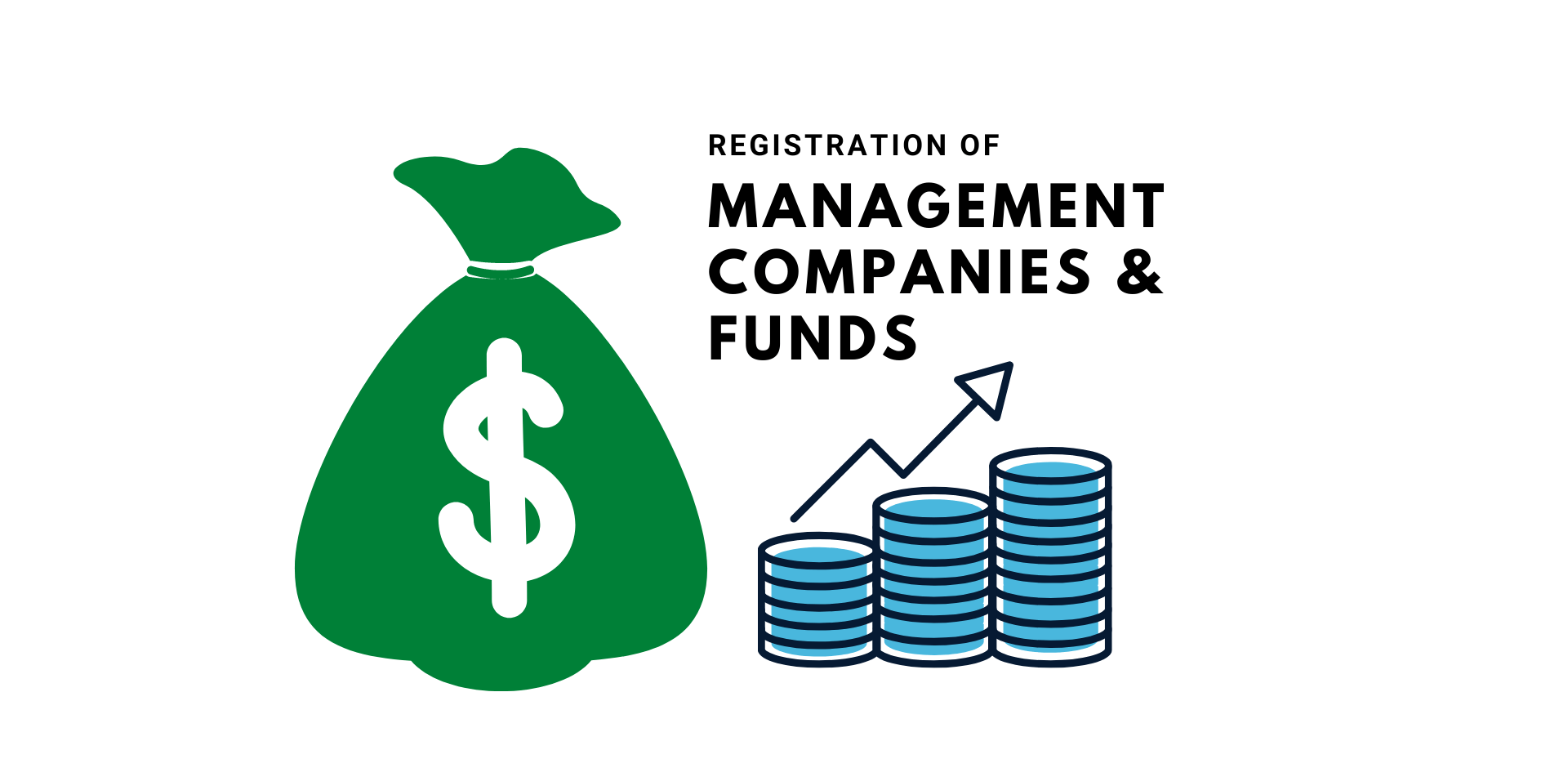Relationship Between Limited Partners & General Partners
In this article we will try to understand the nature of relationships between Limited Partners (LPs) and General Partners (GPs), and how the relationship between the two works

In order for the relationship between Limited Partners and General Partners to be successful, they must be focused on the same goal or outcome. In other words, for this to work well, their respective interests much be aligned.
There are two parties in the fund – the Limited Partner (LP) and the General Partner (GP), and they have an agreement with each other. The LPs have limited liability and usually have priority over the GPs upon liquidation of the partnership. However, the LP has no control over the daily management and administration of the fund. On the other side of the coin, the General Partner (GP) has a fiduciary responsibility to act for the benefit of the Limited Partner (LP). The GP is fully liable for its actions and have the financial liability limited by the amount of the share capital of the management company. In simple words, the Limited Partners (LPs) put up the money and for that they get 80% of the gains on the investment. The General Partners (GPs) are doing the management and administrative work, as in making the investments, and they get 20% of the gains.

Limited Partners (LPs)
There are several different types of Limited Partners (LPs).
Institutional Investors (Partners)
The first type being institutional and well-informed investors which are professional entities that invest capital on behalf of individuals or companies, such as insurance companies, pension funds and university endowments.
High Net Worth Investors (Partners) and The "Fund of Funds" (FOF)
The second type of LP is high net worth investors. Alternatively, a LP can be a “fund of funds” (FOF), which is a fund created to invest in private equity which are typically individual investors and small institutional investors who participate in a FOF to minimize their portfolio management efforts.
The Committed Capital, The Invested Capital
A Limited Partner (LP) agrees to commit a total EUR amount to a fund over the life of the fund, known as committed capital. The committed capital is not drawn all at once. The commitments allocated to a fund are drawn down pro rata on an as needed basis, such as to make investments or payment management fees. This is known as invested capital. The Limited Partner (LP) usually does not have any rights for approval over investments, as the decision lies with the General Partner (GP). Occasionally, funds can employ an LP Board which is intended to screen deals prior to final investment decisions. Throughout the year, the General Partner (GP) provides the Limited Partner (LP) with quarterly, semi-annually and annually reporting packages to provide actual updates on the performance on the fund’s investments / GP management. Funds also host annual LP meetings.

General Partners (GPs)
When a General Partner (GP) is raising a fund, there are several criteria required that they must surpass. The GPs track record will be examined to include a top-down and bottom-up analysis. Other criteria include an evaluation of the management team, investment strategy, other investors, and consistency in procedures and terms & conditions.
How is General Partner Compensated
The General Partner (GP) is primarily compensated through a management fee which is typically 2% of the committed capital and is paid on annual basis. The management fee is used to compensate for General Partner (GP) salaries and overhead costs. In addition, there is the carried interest fee, which is the GP’s share of the profits that are generated by the fund’s investments. Although it can vary across funds, 20% is the most common fee nowadays.
It is important to note that the General Partner (GP) does not have to commit to capital to earn its carried interest.
General Partners (GPs) have an additional stake in the outcome because they do invest some of their own money alongside the Limited Partners (LPs).
The is a strong incentive to ensure the outcomes are successful. If it does not work, then the General Partner (GP) does not get paid.
A "Claw Back"
One of the strongest incentives for the General Partner (GP) is the fact that all of the capital is pooled together. They have to succeed in the entire pool. If the General Partner (GP) has taken more money than they were entitled or made bad decisions, they will have to pay that money back. This is known as a “claw back” and it is very different from any other type of investment manager. Again this is a strong incentive to do well on the entire pool of invested capital and not just on individual investments.

The Exit
Upon exiting a deal, the fund will distribute proceeds to the Limited Partners (LPs) following a liquidity event, which can be in the form of debt or equity recapitalization, dividends, public offering or sales the company to another fund or strategic. These proceeds are net of the General Partners (GPs) carried interest if a gain is realized.
Most often, funds will distribute cash or virtual currency funds to the Limited Partners (LPs) but they may distribute securities, such as share in a publicly traded stock.
The "Dry Powder"
When considering about raising the next fund, the timing does vary by firm and the current conditions of the market.
The term, “dry powder”, is a slang term referring to cash reserves or marketable securities and it important in the context of raising the next fund.
Usually, a General Partner (GP) will begin discussing the next fund formation after the current fund is 50% invested and there is enough “dry powder” remaining for three to four deals. The Limited Partners (LPs) will heavily weigh the prior fund’s exits and external market validation of fund performance.






